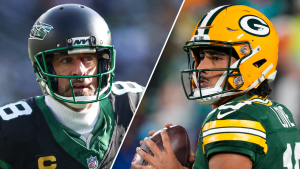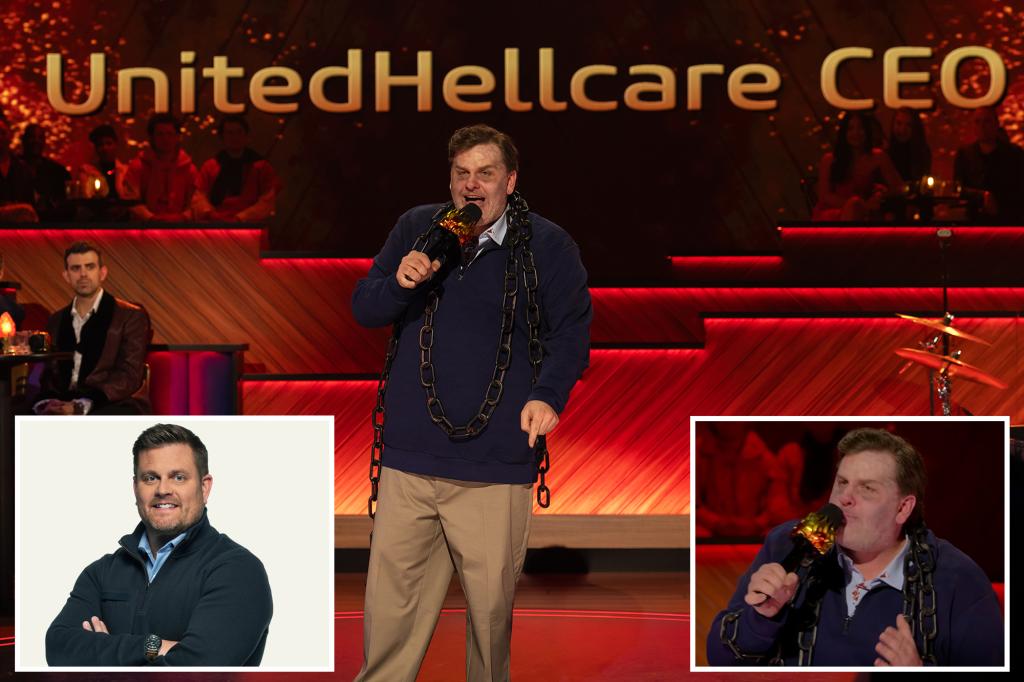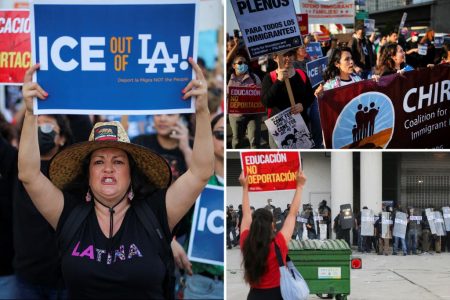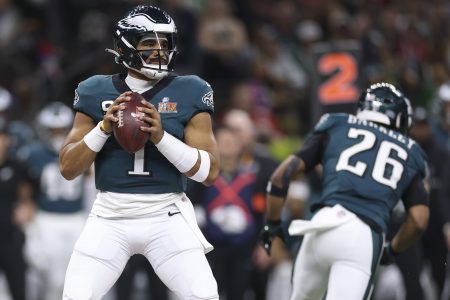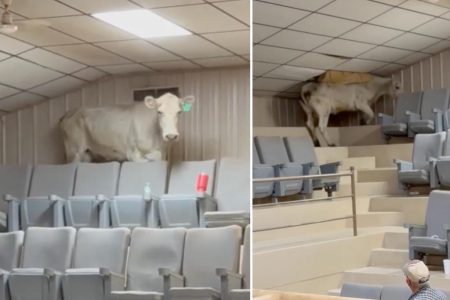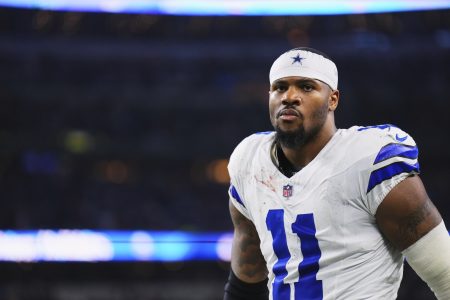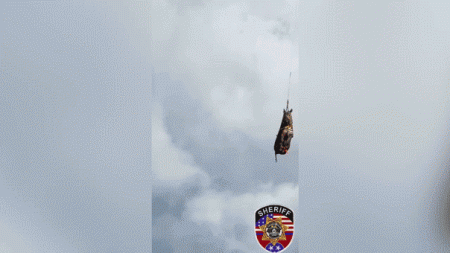Paragraph 1: A Controversial Comedic Performance
Comedian Tim Dillon sparked both laughter and outrage with his portrayal of the recently deceased UnitedHealthcare CEO, Brian Thompson, in Netflix’s "Torching 2024: A Roast of the Year." Dressed in attire reminiscent of Thompson’s final moments, complete with a blood-stained shirt and chains, Dillon took to the stage less than a month after the executive’s murder. His appearance, coupled with ghoulish makeup and a backdrop proclaiming "UnitedHellcare CEO," immediately set the tone for a performance that would push the boundaries of comedic taste. The audience’s reaction was a mix of nervous laughter and palpable tension, highlighting the sensitive nature of the subject matter.
Paragraph 2: Dillon’s Dark Humor and Social Commentary
Dillon wasted no time addressing the controversy head-on, acknowledging the public’s mixed reaction to Thompson’s death. Embracing the persona of the deceased CEO, he sarcastically lamented the "tweets" expressing happiness over his demise. This morbid humor served as a springboard for Dillon’s critique of UnitedHealthcare’s practices, particularly its reputation for denying claims. He cleverly wove this criticism into his routine, drawing a parallel between his own "sickness" from the public’s reaction and the company’s alleged tendency to deny coverage for medical necessities. This dark humor, while potentially offensive, also served as a form of social commentary, highlighting the public’s complex relationship with the healthcare industry.
Paragraph 3: Targeting UnitedHealthcare and the Accused Assassin
Dillon continued his biting satire by targeting not only Thompson and UnitedHealthcare but also the accused assassin, Luigi Mangione. He mocked Mangione’s alleged motivation for the murder – a grievance against the health insurance industry – and portrayed Thompson as dismissive of the suspect’s back problems, culminating in a cruel "claim denied" punchline. This joke, though shocking, underscored the comedian’s willingness to tackle sensitive issues and use humor to expose what he perceives as systemic flaws within the healthcare system. It also demonstrated Dillon’s penchant for pushing the boundaries of acceptable comedy, leaving the audience grappling with the uncomfortable intersection of tragedy and humor.
Paragraph 4: A Calculated Risk in the Name of Comedy
Dillon’s performance was undoubtedly a calculated risk, and his pre-show teaser acknowledging the tasteless nature of his act confirms this. He deliberately chose to tackle a recent tragedy, incorporating the details of the murder and the alleged killer’s motives into his routine. This decision courted controversy, but it also speaks to Dillon’s comedic style, which often involves pushing boundaries and confronting uncomfortable truths. By choosing such sensitive material, Dillon forced the audience to confront the absurdity and tragedy of the situation, provoking a range of reactions from shock and laughter to discomfort and outrage.
Paragraph 5: The Broader Context of the Roast
Dillon’s controversial set was part of a larger roast event hosted by Jeff Ross, known for his often-controversial roasting style. The presence of other comedians like Mark Normand and Sam Morril, alongside actor John Stamos, suggests that the overall tone of the event was likely geared towards edgy humor and pushing boundaries. This context is important in understanding Dillon’s performance; while his act stood out for its particularly sensitive subject matter, it was presented within a show known for its willingness to embrace dark and often offensive humor.
Paragraph 6: The Aftermath and Public Reaction
The "Torching 2024" roast provided a platform for Dillon’s controversial humor, but the long-term consequences of his performance remain to be seen. While some may view it as a daring and insightful commentary on the healthcare industry and the absurdities of modern life, others are likely to find it deeply offensive and insensitive. The incident highlights the ongoing debate about the limits of comedy and the ethical considerations that arise when humor intersects with tragedy. Dillon’s act undoubtedly sparked conversation and controversy, forcing audiences to grapple with the complex interplay of humor, tragedy, and social commentary.

